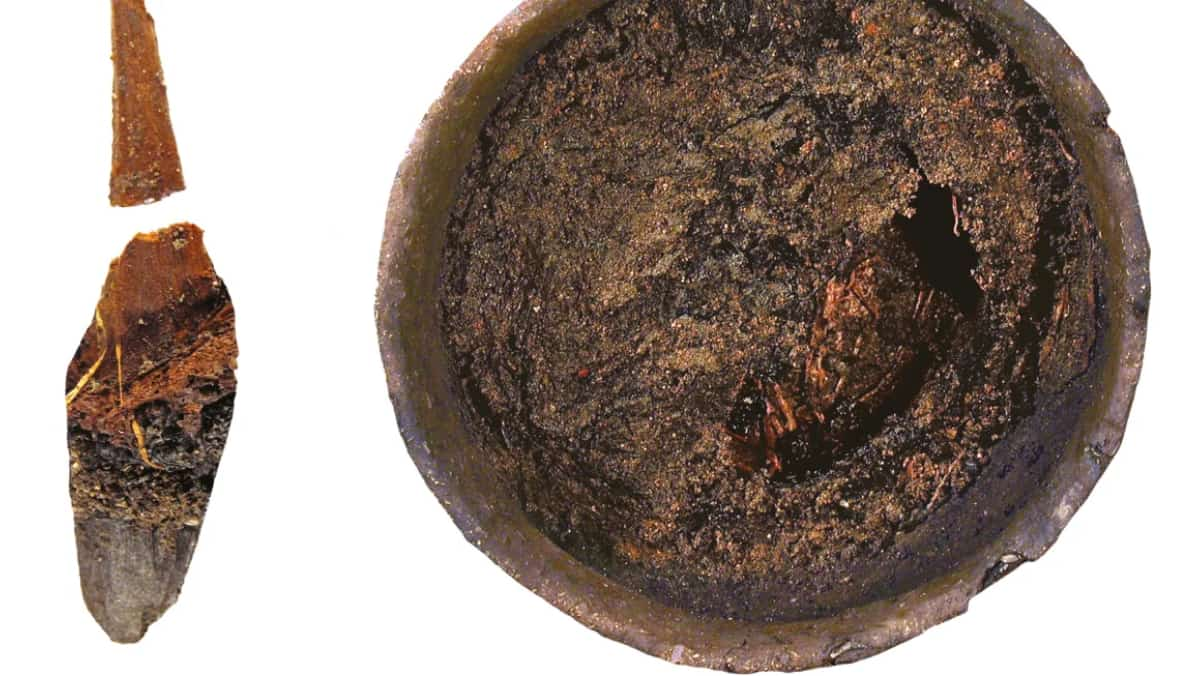Britain’s Pompeii: Must Farm
Often referred to as “Britain’s Pompeii,” Must Farm is a site in eastern England that has captivated archaeologists with its remarkably well-preserved remains, reminiscent of the ruins of Pompeii in Italy.
Excavating Ancient Civilizations
Excavations at Must Farm have unearthed a diverse array of artifacts and objects once used by ancient civilizations. These discoveries include tools, pottery, weapons, and household items, providing valuable insights into daily life and cultural practices of the past.
Snapshot of Bronze Age Society
Similar to Pompeii, Must Farm offers historians and archaeologists a unique glimpse into Bronze Age society through its well-preserved structures and artifacts. The site has reshaped our understanding of this era, shedding light on the lives of its inhabitants.
Fiery Demise and Discoveries
Must Farm met a fiery end 2,850 years ago, just nine months after its construction. In 2016, during excavations, experts uncovered a treasure trove of artifacts that provided a fascinating look into ancient daily life.
- A half-eaten porridge in a bowl with a spoon offered a glimpse into dietary habits.
- Wooden buckets with numerous cut marks showcased the resourcefulness of the village’s residents.
Archaeologist Chris Wakefield, from the University of Cambridge, highlighted the significance of these discoveries, noting how the cut marks on the buckets revealed the practical ingenuity of the Bronze Age kitchen.
















































